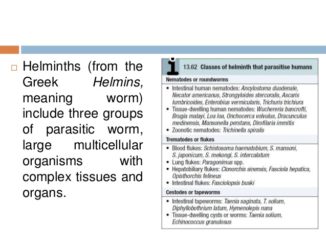Cardiovascular diseases and depression are some of the most common disorders seen in developed countries. These health issues can tremendously affect one's quality of life and increase the economic burden on him or her. The relationship between heart diseases and depression have been a subject of popular interest and scientific research.
Some studies suggest that mood disorders, such as depression, are simply the expressions of somatic feelings. Depression is expressed as a feeling of heaviness in the chest resembling a "broken heart," with individuals going through the problem of depression having the potential to trigger other problems, such as angina, heart attack and myocardial infarction.
Depression has been acknowledged as an independent risk factor for many cardiovascular diseases and cardiac mortality. A study led by Heidi May, Ph.D., cardiovascular epidemiologist, Intermountain Medical Center Heart Institute, tried finding the relationship between the onset of depression and the risk of death following a cardiovascular disease diagnosis.
The study found that people with heart diseases are two times more at risk of being diagnosed by depression compared to others. Irrespective of when and how depression emerges, it is a risk factor that needs to be addressed consistently. Therefore, patients with coronary diseases need to be screened for depression to determine treatment and follow-up accordingly.
The study focused on patients diagnosed with a heart attack and stable or unstable angina, which reduces the flow of oxygen-rich blood to the heart due to plaque buildup in the arteries. According to the Centers for Disease Control and Prevention (CDC), heart diseases are the leading cause of death in the United States with over 614,348 deaths every year.
Depression and coronary diseases
The study entailed around 25,000 patients who had angiographically determined the coronary artery disease (CAD) and tracked for an average of 10 years following their heart diagnosis. The average age of the participants was dominated by whites (90 percent), with 70 percent being male and their average age being 64 years.
About 3,646 or 15 percent of the participants had a follow-up diagnosis of depression. Out of this, half perished during the study period compared to 38 percent deaths of the 20,491 participants who did not have a depression diagnosis. This suggests that individuals with heart disease and depression were twice as likely to die compared to those without depression.
Following the adjustment for age, gender, risk factors, other diseases, heart attack, chest pain, medications and follow-up complications, the study concluded that depression was the strongest predictor of death among these patients. This association persisted even among those without any prior depression diagnosis.
Because depression has a significant impact on one's life expectancy, the researchers endorse that clinicians should seek better ways to identify depression in patients with CAD. They suggest the usage of questionnaires designed to screen for depression or active monitoring to comprehend the signs of depression during the follow-up examinations.
"This study shows that it does not matter if depression emerges in the short term or a few years down the road – it's a risk factor that continually needs to be assessed," said lead author May. "I think the take-home message is that patients with the coronary disease need to be continuously screened for depression, and if found to be depressed, they need to receive adequate treatment and continued follow-up," she adds.
Depression is an illness, not a weakness
Some symptoms of depression include the persistent feeling of sadness, hopelessness or worthlessness, anxiety, loss of interest in hobbies and activities, etc. In recent years, depression has been associated with behaviors that can cause negative consequences on health as a result of nonadherence to medications or prescribed behavioral regimens. It is advisable to seek early intervention to prevent the aggravation of this mood disorder.
Proudly WWW.PONIREVO.COM



